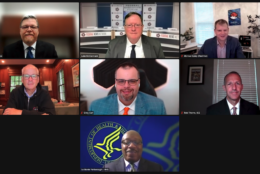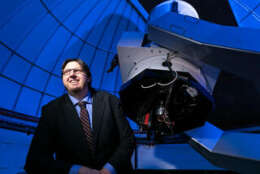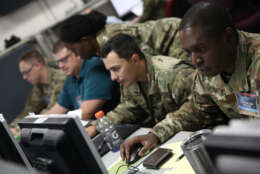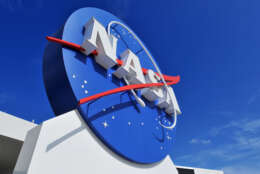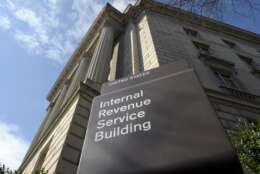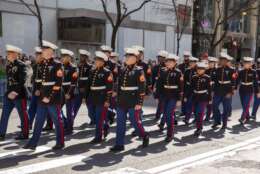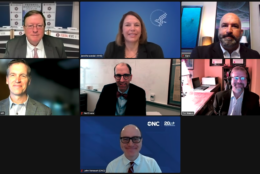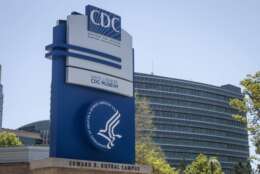Radio Interviews
-
The intelligence community is also pursuing initiatives in cloud computing, data management, zero trust cybersecurity and quantum-resistant encryption.
July 02, 2024 -
David Lebryk, the fiscal assistant secretary at Treasury, said a new strategy provides tools, best practices and guidance to improve federal payments.
July 02, 2024 -
Where are agencies in their zero trust journey?
July 02, 2024 -
George Mason University will be the site of the recently approved Landolt NASA Space Mission.
June 26, 2024 -
A smartwatch saved the life of VA’s chief health technology officer. The department expects this device data can also save the lives of other disabled vets.
June 19, 2024 -
What technology initiatives have been successful and what are plans for the future?
June 18, 2024 -
AFCEA International's new Space Coast Chapter is up and running.
June 14, 2024 -
The Army I Corps used the recent Yama Sakura 85 exercise to further prove out how to create a single, secure network to share information with allied partners.
June 13, 2024 -
Andrea Sampanis, the acting director of the Grants QSMO in HHS, said her team helped three small agencies adopt award management systems more easily.
June 10, 2024 -
NASA has a Space Environment Sustainability Advisory Board to help guide policy for an area of space that is starting to look like the Beltway at rush hour.
May 30, 2024 -
Former IRS CIO Nancy Sieger, who will retire on June 1 after more than 40 years in government, said she found success during the pandemic by managing its risks.
May 29, 2024 -
The Bureau of Intelligence and Research also sees the potential for generative artificial intelligence to better leverage open-source intelligence (OSINT).
May 28, 2024 -
Dr. Colin Crosby, the service data officer for the Marine Corps, said the first test of the API connection tool will use “dummy” logistics data.
May 24, 2024 -
What healthcare IT strategies have proven successful and what are the priorities for the future?
May 21, 2024 -
Carol Crawford, the director for digital media at the CDC, said the website redesign reduced the site’s content by about 65%, making information easier to find.
May 17, 2024



